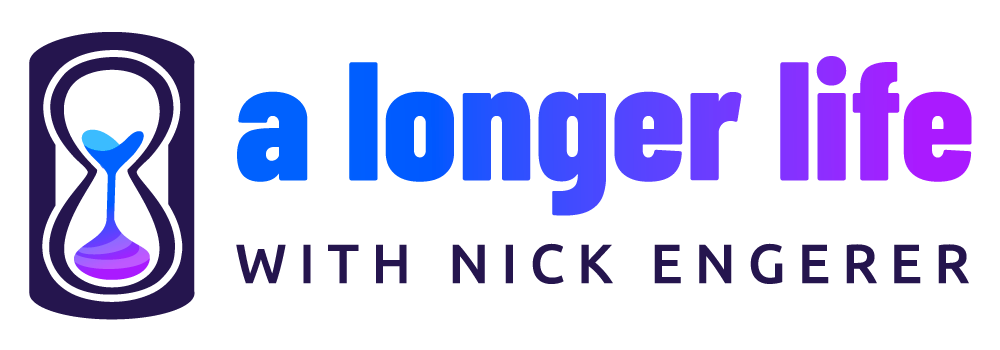
Genetic risk analysis for longevity: An interview with self-decode Founder Joe Cohen

Chronomics - Biological age, DNA Methylation, Methylation clocks

Time travelling with the health nucleus: Ancestry in your DNA

Why I Just Gave 15 Vials of Blood at NextHealth


